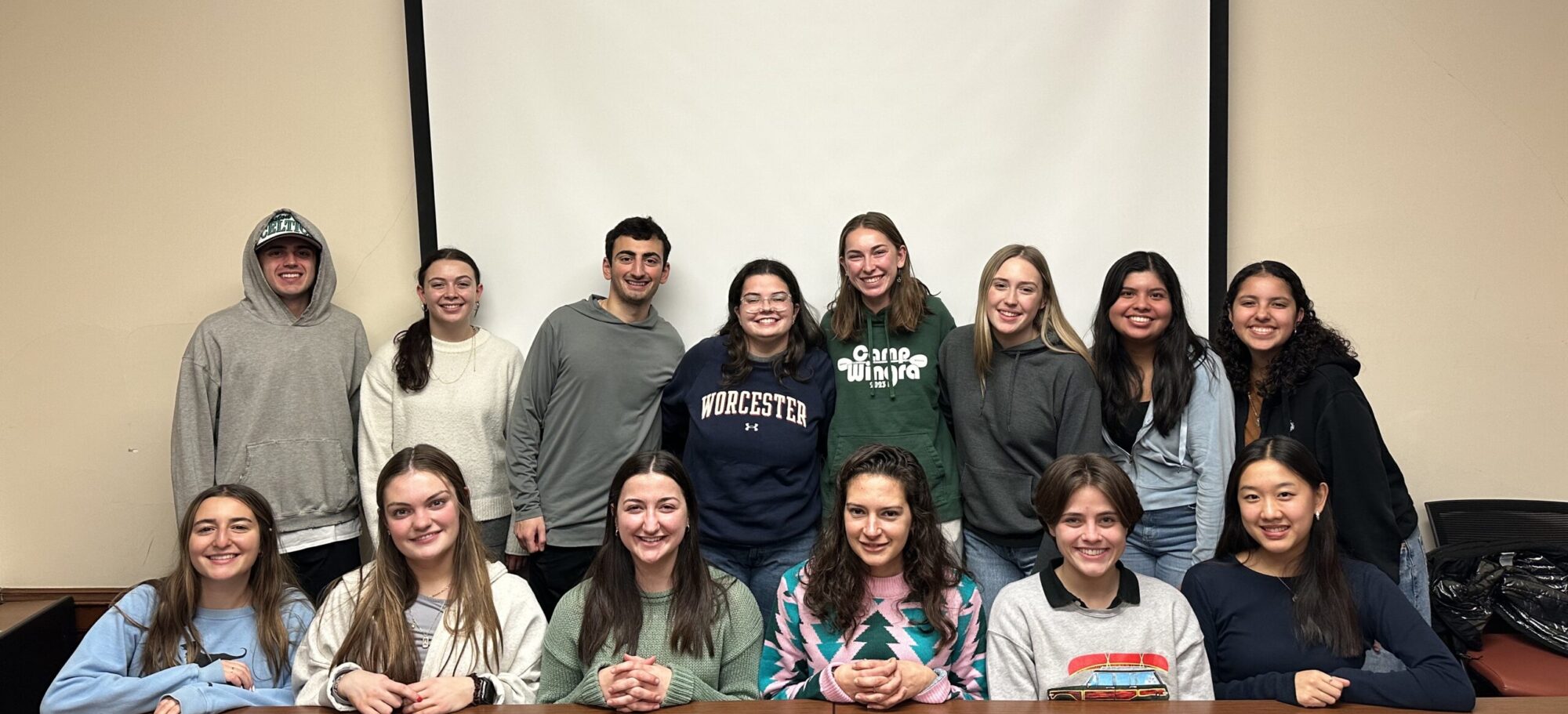This summer I had the opportunity to go to India to take a course with the Maymester program called “Social Justice in Context”. I was particularly inclined to the lessons we had on violence against women because I had just finished interning at Daybreak, a domestic violence shelter in Worcester, for a year.
One statistic that we learned that really stuck me during our seminars was that 70% of women in India experience some form of violence. This was only a statistic until a guest speaker came in and told us about eight case studies of violence against women; until we visited Sumanahali, a leprosy clinic, and met the candle maker who was a burn survivor; until I went to Victoria Hospital’s burn unit and saw many women who were victims of violence. Although I didn’t directly work or speak with any survivors, hearing their stories and seeing their lasting scars from afar was very impactful for me. That statistic was able to really come to life.
Where I found hope was during my time interning at Vimochana. Vimochana is a leading feminist activist organization that fights for the better treatment of women as well as for overall social equality not only for women but also for the “backwards” caste. Being around so many passionate and powerful women was my source of hope after learning about the extremity of poverty and violence in India. It was very transformative for me to see the power that a NGO had in making concrete changes in India, where patriarchy is the norm. The women at Vimochana were respected and overtime they have been able to hold police and even government hospitals accountable, all while helping out every single woman that comes to their organization in search for help and protection.
Since returning back home, I have been contemplating the question: What now? Now that I’ve witnessed the realities of oppression and violence in India, what is my role in eliminating these injustices? Before this trip I already had a passion for social justice and I already cared about these issues, but the extreme nature of these injustices in India was painful for me to see. Seeing the humble homes of the families in the slums was one way in which the way I viewed reality was changed. The poverty that I am used to seeing in America doesn’t even compare to the reality of those families in the slums. After seeing this first hand, there is no way that I can come back and do nothing.
At Vimochana I came across a quote from a woman who was a victim of domestic violence that stated, “How can I trust my life in these hands that have not touched my heart”. Immediately I wrote this quote down because it highlights the importance of listening and forming relationships. In my life I want to work in a profession that allows me to help people. At Vimochana I learned that you could only help those who you listen to. Not only is listening helpful for you as a worker to allow you to learn what you need to do to help, but many times telling their stories is a form of treatment for victims of domestic violence. I think being a better listener is an easy way that every person can make a change in their own lives to better help others around them. I believe that if everyone cared more about one another, then we would be closer to a more just world. I know that is a very simplistic outlook, but I believe that the element of care is missing in our government, criminal justice system, and many other structures that contribute to real justice work being done.
Overall, I am truly grateful for the month that I was able to have in India. Every part of the trip was extremely important in opening my eyes to the realities of the world.


